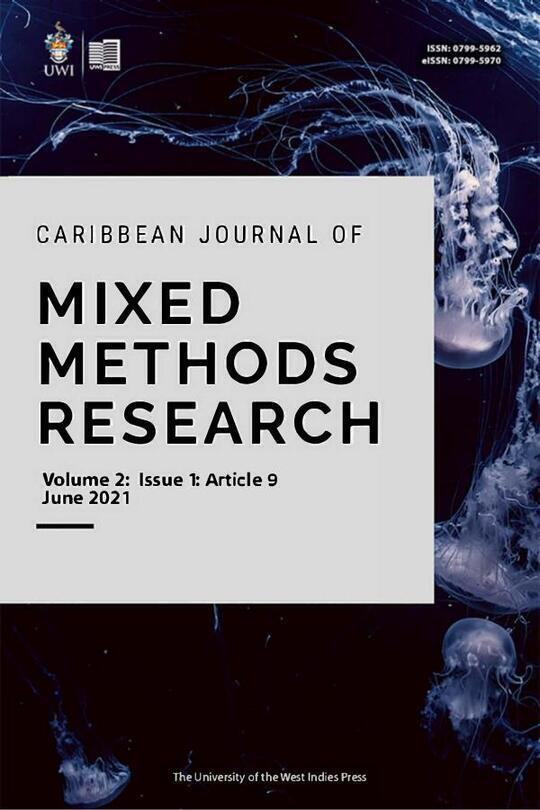Agency: Students Assuming Ownership of Their Learning in a Foundation Writing Course Designed for Science and Technology and Medical Sciences Majors
by Carmeneta Jones and Jasmin Lawrence
Although foundation writing courses are mandatory for students pursuing studies at a tertiary-level institution in Jamaica, it is not unusual for administrators and facilitators to hear at student–staff liaison meetings and in other contexts that some Science majors think they should be exempt from the course that was designed for them. Some of these students believe that they do not need writing to complete their degrees. However, this is against their better judgement. Science students, like their counterparts in other faculties, need to develop mastery in the application of composite critical literacy skills: interpretive reading, good writing, analytical viewing, informed speaking, active listening and critical thinking referred to sometimes as academic literacies. It is incumbent on Science students to assume responsibility for their learning. Grounded in metacognitive theory and principles of self-monitoring, self-regulated learning, student ownership, student-centred learning and student engagement, the purpose of this semester long mixed methods case study was to discover if the participants’ application of agentic strategies would yield positive outcomes. Data were collected from the participants’ initial and final reflections, observations, group and individual conversations, researchers’ anecdotal notes and questionnaires. During the study, the majority of the students identified and owned concerns they experienced with critical reading and writing. Recognising that these difficulties could create barriers to their attainment of success in their tertiary-level education and careers, the majority committed to purposefully engaging in the course. The findings indicate that though complex, the agentic approach to critical reading and writing instruction at the tertiary level can yield positive outcome if students meaningfully engage with their peers and instructors and are taught how to reflect and implement self-monitoring and related agentic strategies.












